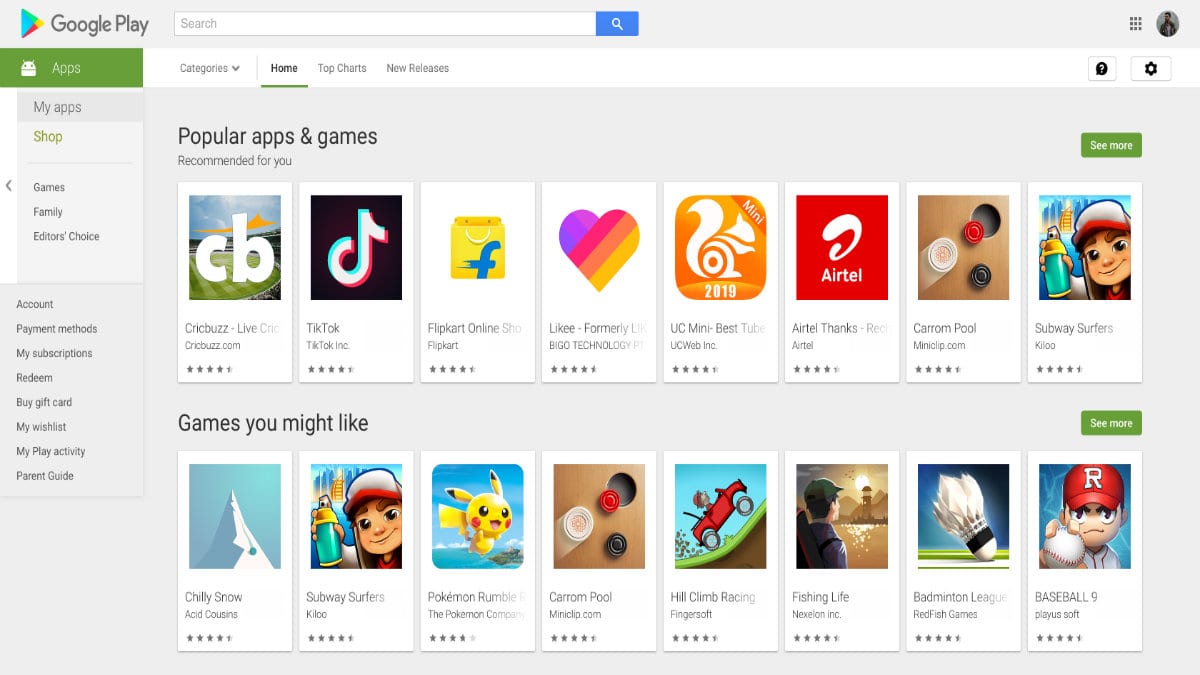
Google actively works to combat malware found on the official Android app store – Google Play. But there is no doubt it could improve its screening process in the app approval stage, thereby preventing the problem rather than looking for a cure. Google rival Apple’s App Store also has millions of apps, but it doesn’t have a significant malware problem, thanks to its stringent approval process. In the latest damning report about the state of Google Play, researchers claim to have found there are over 2,000 malware-laden apps present on Google Play, all of which are copycats of some of the most popular apps out there.
According to a report by Computer World, researchers from the University of Sydney and CSIRO’s Data61 have investigated more than a million apps on the Google Play Store to find out that there are many apps that are counterfeits and malware-laden. The report mentions that while some apps are malware free, they request for dangerous data access permissions. The report also adds that popular games such as Temple Run, Hill Climb Racing, and Free Flow are the most commonly copied games.
The investigation was done by the researchers using neural networks, and found that there were many apps with visually similar icons to 10,000 of the most popular apps on Google Play, and also partially plagiarised their text descriptions. Using ‘multi-modal embedding’ machine learning model, researchers were able to throw up 49,868 potential duplicate apps.
These counterfeit apps were checked if they contain malware using the private API of online malware analysis tool, VirusTotal. Over 7,000 of these apps were found to contain malware in at least one parameter. Finally, using the ‘relaxed threshold’ process, researchers concluded that there are 2,040 high-risk fake apps on the Google Play Store.
Speaking on the matter, Dr Suranga Seneviratne, Co-author, University of Sydney said, “While Google Play’s success is marked on its flexibility and customizable features that allow almost anyone to build an app, there have been a number of problematic apps that have slipped through the cracks and have bypassed automated vetting processes. He further added, “Our society is increasingly reliant on smartphone technology so it’s important that we build solutions to quickly detect and contain malicious apps before affecting a wider population of smartphone users.
The paper detailing these findings was presented in May, and noted that 35 percent of the 2,040 malware-laden copycat apps found have since been removed, possibly over consumer complaints.
On Google’s part, the search giant has been constantly working on malware detection in apps and preventing counterfeits using Google Play Protect. The company also uses machine learning and other AI-based techniques to separate the wheat from the chaff, and one hopes that the methods highlighted by the University of Sydney and CSIRO researchers will help Google prevent the proliferation of such obvious and malicious counterfeiting.
[“source=ndtv”]




